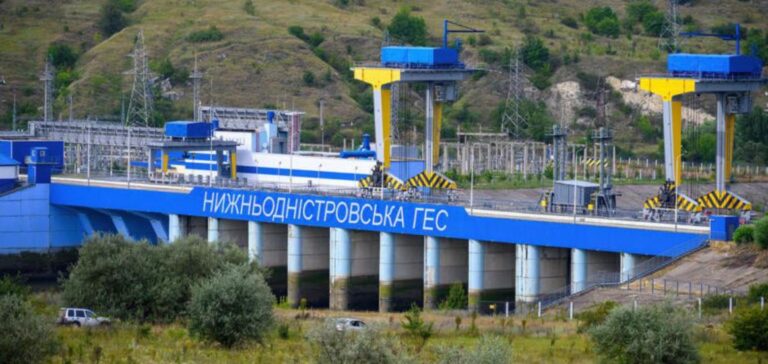The Ukrainian authorities say that Russian strikes severely damaged three Ukrainian thermal power plants in a night attack on the night of Thursday March 28 to Friday March 29, causing power cuts in some regions. The authorities are accusing Moscow of “barbaric” attacks on their energy network, following the attacks on energy infrastructure on Friday March 22, which are estimated to cost billions to repair.
Impact on population and infrastructure
The attacks not only compromised energy supplies but also caused civilian casualties, underlining the indiscriminate nature of the Russian strikes. Faced with growing pressure from the Russian army, Ukraine is seeking to consolidate the defense of its population and energy infrastructure: Ukrainian Commander-in-Chief Oleksandre Syrsky stresses the importance of a rapid, coordinated response. Efforts are focused on improving air defense and increasing the ammunition available to Ukrainian forces.
Call for international aid
In this critical situation, Ukraine is stepping up its appeals for international aid. However, discussions in Brussels and Washington remain tense, despite Ukraine’s urgent needs. Ukrainian officials are urging their Western allies to provide more robust support, including Patriot batteries to bolster the country’s air defense.
In response to the Ukrainian accusations, Russia maintains its position and justifies its actions as legitimate reprisals. In its daily report, the Russian army confirmed that it had targeted Ukrainian energy infrastructure. The latter claimed to have acted in retaliation for Kiev’s attacks in its border regions.






















